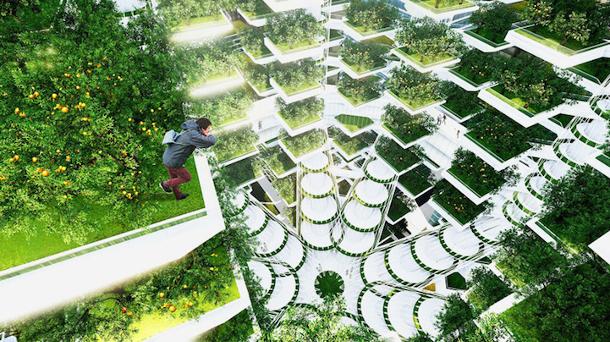Many of us are aware of the growing concern over our continued disconnect with our food supply. When I grew up, food production wasn’t really ever talked of. Carrots are grown in soil? It wasn’t something I’d ever even stopped to think of. As far as I was concerned, food was something that I got dragged to the grocery to pick out with my mom and then it magically appeared on my plate in an edible form. Where it all came from and how it was prepared wasn’t even an afterthought in my mind. Agriculture was regarded solely as an enterprise; from growing, to harvesting, to shipping, to selling, and all the way to consuming. Why would we concern ourselves with what essentially was a business we had no part of being involved in?
Many people my age or near my age are coming to the realization that this was a major gap in our upbringing. Yet, food is vital to our survival so why wasn’t it emphasized in our childhood education? Because as it turns out, our involvement in the food production process has a direct impact on our health as a society. It affects our social fabric, our wellbeing, and our environment. Not to mention food production accounts for a massive segment of our economy. This means that there are growing business opportunities for individuals interested in pursuing food production as a career.
We have countless reasons to become more involved in our food system. And this is where I believe hydroponic technology is a feasible solution in minimizing the disconnect and repositioning food at the forefront of our social priorities.
Hydroponics and the Farming Revolution
Hydroponic technology is scalable meaning soilless gardening can be performed on levels across the board from apartment gardens, to classroom projects, to entire commercial operations that can produce enough food to supply the community. The fact that we have several personal sized systems available to us today means that we’ve effectively made it easier for the average person to grow their own food.
Another important reason that hydroponics is a food system solution, is that its controlled environment nature means that you don’t need to get dirty to get growing. I believe that the perceived labor intensity and dirt factors have prevented many people my age from getting involved in food production. Well, automated indoor hydroponic systems eliminate both of those concerns.
A common trait of Generation Y is our need for instant gratification – it’s practically the hallmark of Millennials. Hydroponic gardening is a way to grow food faster than with the traditional soil-based method. You can read about why that is, here. The argument that growing food takes too long and going to the grocery store is just much easier can be assuaged by using hydroponic systems. According to some growers, you can produce lettuce in as little as three weeks with some hydroponic gardens.
Besides the obvious benefit that hydroponic systems produce food, they also provide urban dwellers with a therapeutic outlet as it’s been proven that surrounding ourselves with nature enhances our mental and physical wellbeing. This is important for not only the individuals in the Gen Y bracket, but for individuals of all demographics.

Teams like Green Towers are the faces of the modern day farming revolution, bringing urban food production to the forefront of social issues.
The Faces of Modern Day Food Production
The delicious irony in all of this is that despite the fact that, in general, Generation Y began life with a noticeable disconnect from food production, it’s in fact this very generation that’s bringing hydroponic gardening to the forefront as a way to secure our food supply.
When I look around at many of the companies that are manufacturing these gardens, it’s clear that the majority of them are ambitious, passionate Millennials who want a better future for their young or unborn children. They’re health-conscious, environmentally-aware, and entrepreneurially-driven. These teams of urban gardeners are driving the beginning of a farming revolution. They are the faces of modern day food production and we couldn’t be more proud to share their stories.
